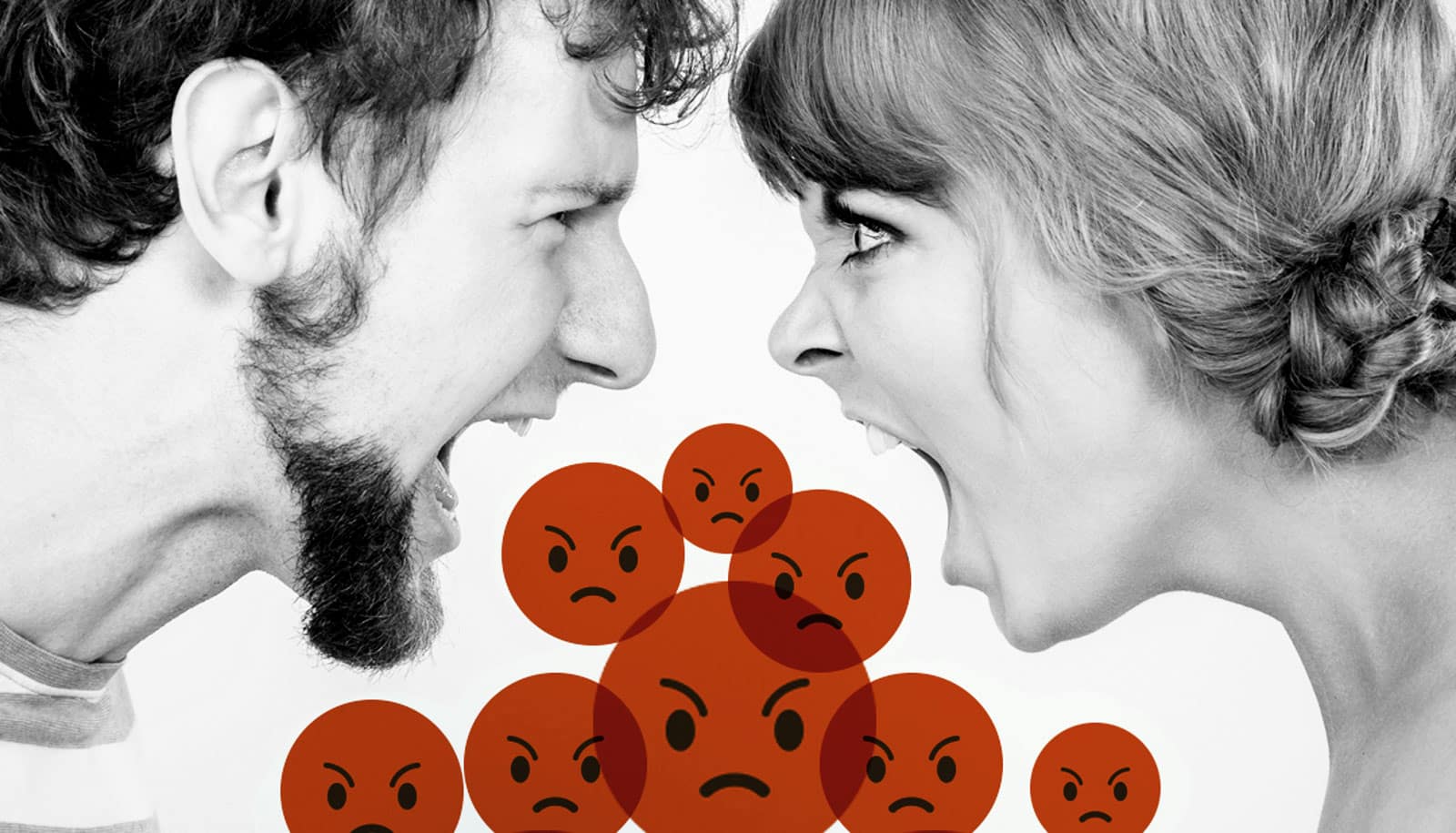College students who are highly tolerant of incivility are much more likely to comment on political news stories online, engage in online political discussions, and express support on social media for political candidates or issues, research finds.
“We know, anecdotally, that communication on the internet can be nasty. It’s anonymous, people say whatever they want to say, they do whatever they want to do, and don’t necessarily think about the consequences,” says Justin Knoll, a sociology doctoral student at the University of Arizona who will present his findings at the American Sociological Association’s annual meeting.
“I was curious how that affects the way we choose to participate online, as online participation becomes this new avenue through which we communicate with our politicians, and they communicate with us.
“At the end of the day, sociologists are very concerned with what we call ‘participatory inequalities,'” Knoll says. “There’s absolutely an element of wanting a democracy in which all voices are heard on an equal plane—that is a very American ideal. Now, we know there’s always a difference between ideals and reality, and gaps do exist.”
The findings are based on data from an online survey of more than 1,000 college students who were asked to rate a list of 23 activities—such as shouting at a political opponent or attacking a political opponent’s stand on the issues—on a five-point scale, ranging from “not at all uncivil” to “very uncivil.”
Respondents also were asked to indicate whether they had participated in the past 12 months in 13 distinct forms of online and offline political activity—ranging from posting comments on a political news story to attending an in-person political meeting or speech.
The study didn’t examine the effects of tolerance for incivility on voting. Although survey respondents did report whether they voted, past research shows that people are hesitant to admit to not voting, which, without verification, makes responses to the question unreliable, Knoll says.
Avoiding incivility
For the analysis, Knoll used a standardized measure of tolerance developed by Robin Stryker, a sociology and law professor. After controlling for factors such as age and race, the results show that tolerance for incivility had a significant effect on five of the seven online forms of political participation included in the survey.
People with higher tolerance for incivility were more likely to engage in all of the following behaviors: posting online comments on political news stories; participating in online political discussions; expressing support for a political candidate or issue on social media; donating to, or soliciting donations for, a political party or candidate online; and donating to, or soliciting donations for, a charitable cause online.
The two types of online participation that did not seem to be affected were signing an online petition and circulating or forwarding funny videos, cartoons, or artistic content related to a political campaign, candidate, or issue.
The idea, Kroll says, is that people with a low tolerance for incivility might choose to avoid online activities in which they are likely to encounter incivility.
Tolerance for incivility doesn’t affect most offline forms of political participation, with the exception of raising money offline for a candidate, political party, or organization that supports or opposes a candidate or political party. Those with a higher tolerance for incivility were more likely to donate or solicit donations.
The findings on donations, both online and offline, may warrant further analysis that considers “donating” and “soliciting” separately, Knoll says, since soliciting donations might carry greater risk of exposure to incivility than making a private donation.
Are we wrong to blame the internet for polarized politics?
“I can’t imagine you’re going to encounter a whole lot of incivility when you’re giving money to a campaign,” Knoll says. “But I can imagine a scenario where you’re soliciting money from folks and perhaps you’re not getting the nicest things said to you.”
Tolerance for incivility didn’t affect the other offline forms of political participation in the survey: attending a political meeting, rally, speech or dinner; attending a town, city council, school board, or neighborhood association meeting; going to hear a speaker on a particular civic, social, or political issue; or signing a petition offline.
Thick-skinned only?
The findings beg the question: Is the political branch of the internet becoming a place for only the thick-skinned? It’s worth exploring, Knoll says.
This is especially important, he says, since online activity often translates into “real world” participation, with some research suggesting that young people who are politically engaged online are as much as five times more likely to turn out on Election Day.
Politics splits what we mean by words like ‘deal’
“Those of us who are optimists about the internet see it as this leveling force that perhaps allows those without the same amount of access to resources or education to get involved in conversations that they might not have been having before,” Knoll says. “Figuring out what affects people’s decisions to go online and participate is extremely important.”
Knoll plans to do future work involves a larger, more representative national sample of the population.
“We found these trends on a college campus. Now the big question is: Are we going to find these trends on the national level?”
Source: University of Arizona



